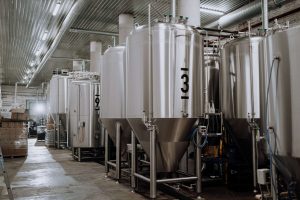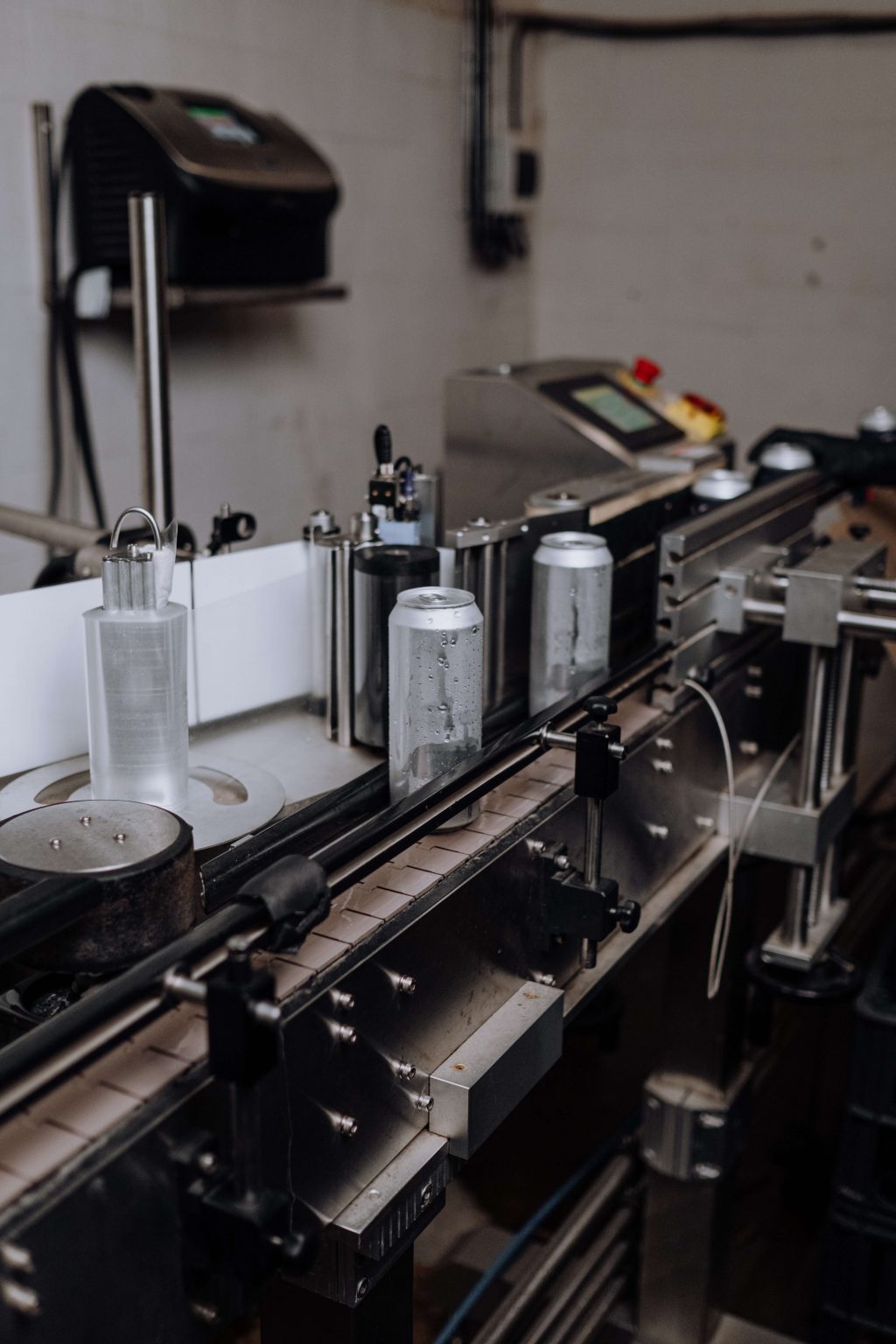According to Deloitte, the smart factory is a key that can unlock the future. By definition, a smart factory or smart manufacturing is a system of processes that offers flexibility through automated self-thinking systems. It can adapt to certain situations independent of human intervention and learn how to respond accordingly in real-time. This capacity for self-optimization allows production processes to truly operate seamlessly without any disruptions.
There are other factors that contribute to the success and efficiency of smart factory technology. Data, for instance, is a critical factor that drives the intelligence of a true smart factory. Through the integration of data into a system of digitized operations, manufacturing can be more agile, thus championing efficiency and productivity.
McKinsey estimates that by 2025, the economic impact of the Internet of Things (IoT), which touches smart factories, will amount to 3.7 trillion USD – this is what Industry 4.0 is about when we discuss how data can influence manufacturing and operations.
The Benefits of a Smart Factory
All things considered, with smart manufacturing being an ongoing evolutionary process, here are the benefits that a smart factory offers:
- Asset Efficiency – Among the most apparent benefits of a smart factory is improving how resources and assets are utilized. Through data collection and analysis, smart manufacturing reveals asset efficiency issues that traditional automated processes fail to distinguish. This results into a bevy of advantages and opportunities for optimization, such as less downtime, improved capacity, and decreased changeover time.
- Quality Control – The self-optimization properties of a smart factory can allow for predictive habits, which can then enable improve quality assurance and control capabilities. Defective trends and what causes events such as product recalls can eventually be identified through smart manufacturing. This leads to less scrap rates and increased success rates in production, among other benefits.
- Lower Costs – Overall, optimized operations result in more cost-efficient processes. With more predictable requirements, better staffing decisions, and less operational variabilities, there is less room for breakages in the process. This allows for fewer maintenance expenses.
- Safety and Sustainability – A smart factory’s self-sufficiency provides benefits that encompass labor satisfaction and environmental sustainability. Through efficient optimizations brought about by a smart factory, the taxing types of manufacturing work can be automated, which will merit fewer chances for human error and less fatigue from workers. Moving away from more traditional modes of manufacturing processes can also result in more eco-friendly operations.
- More Impactful Manufacturing Processes – Different companies will have different needs, and a smart factory can be implemented in different ways as well, which means that its agility provides manufacturers with a range of options for becoming smarter. From digital to physical technologies, a manufacturing company can leverage these towards their achieving their goals.
Moving Towards Loftier Ambitions
These are the general benefits that a smart factory offers: asset efficiency, quality control lower costs, safety and sustainability, and more impactful processes. Industry 4.0 warrants that the traditional and digital modes of production intertwine, which serves as the point wherein smart solutions arise – the inclusion of big data, the capacity to analyze, and act upon it completes the bigger picture.

